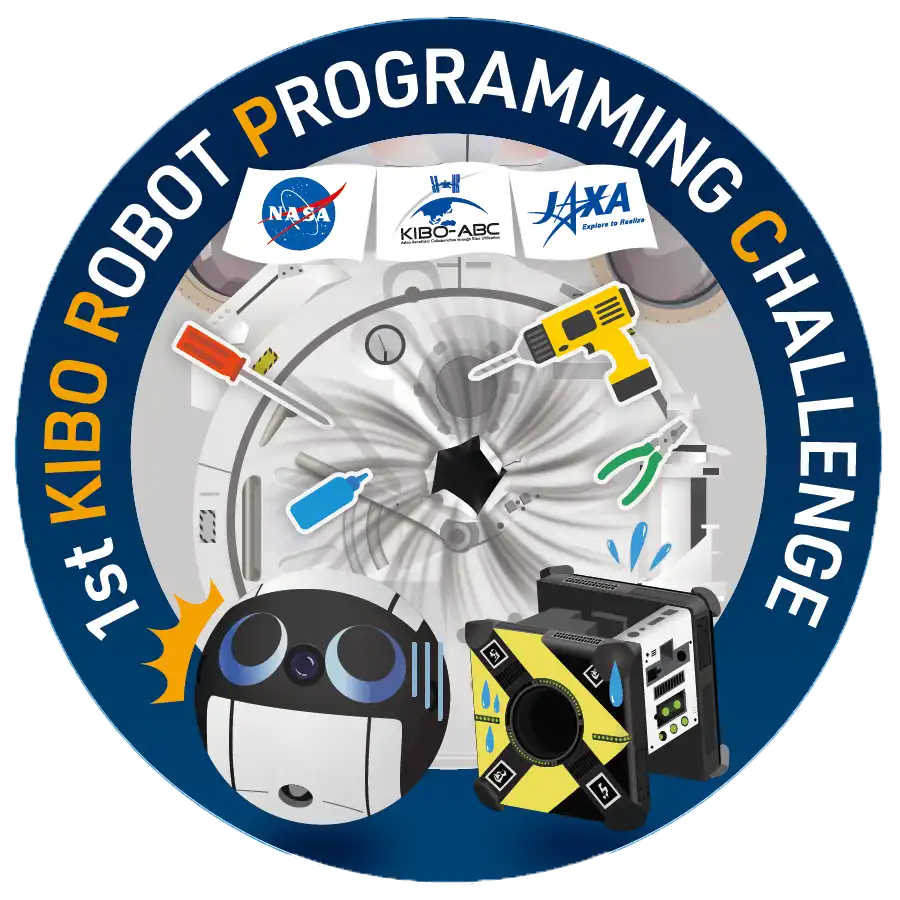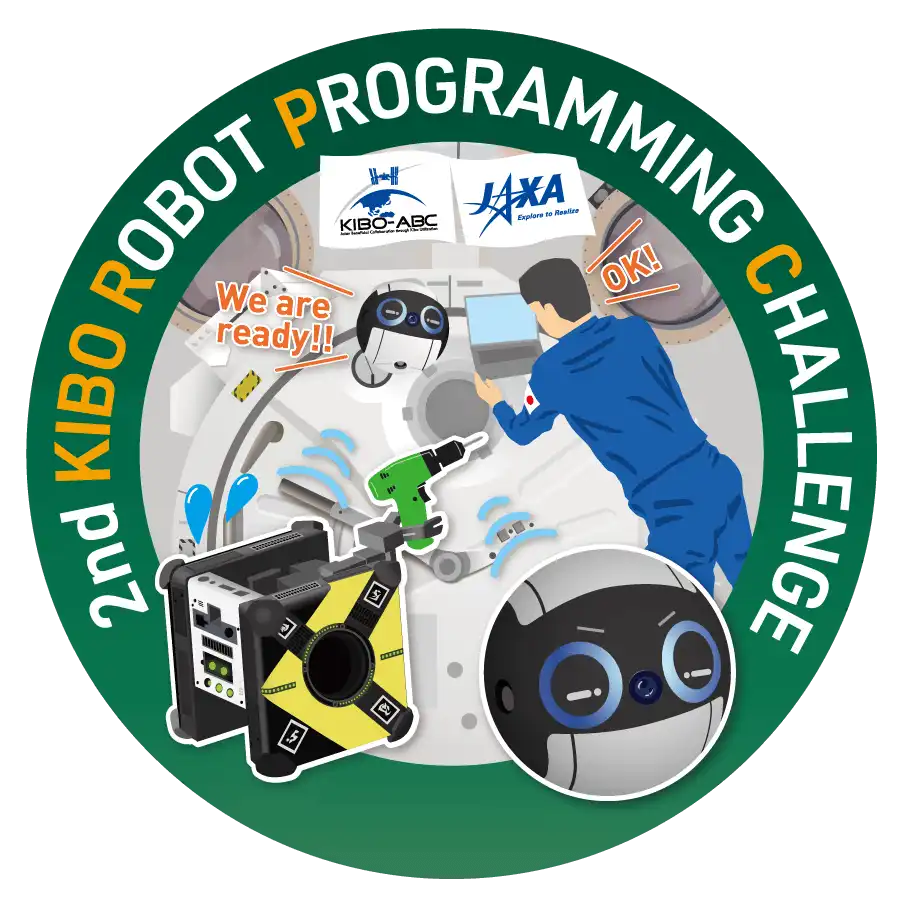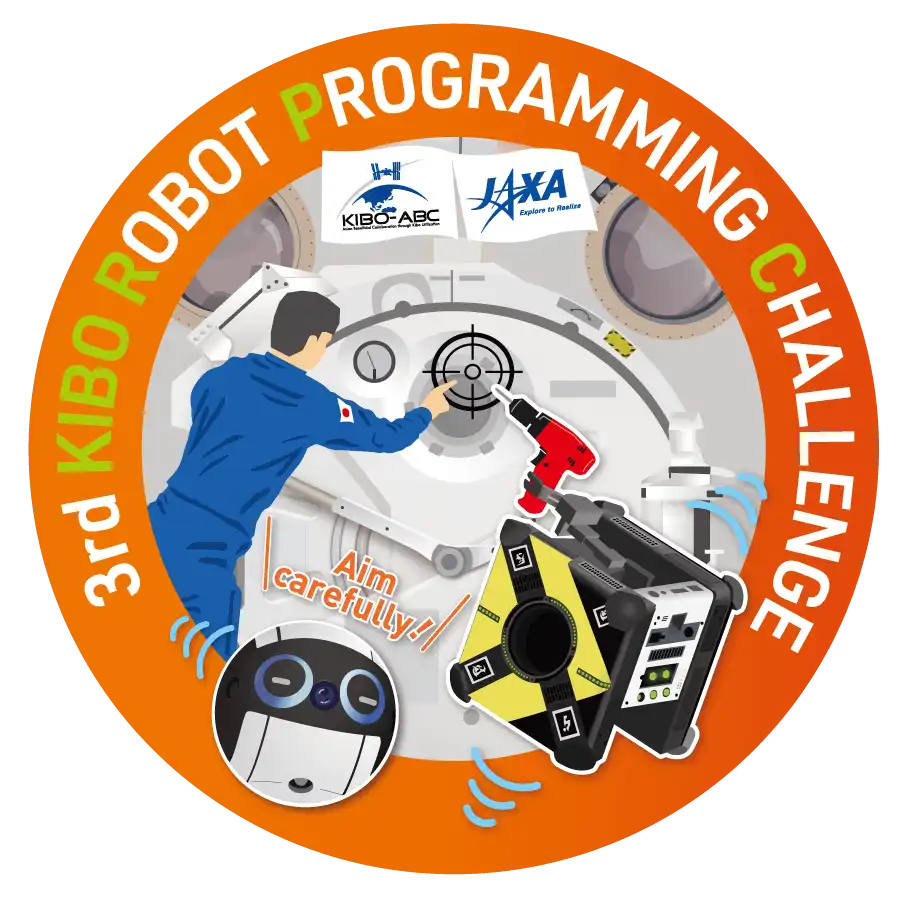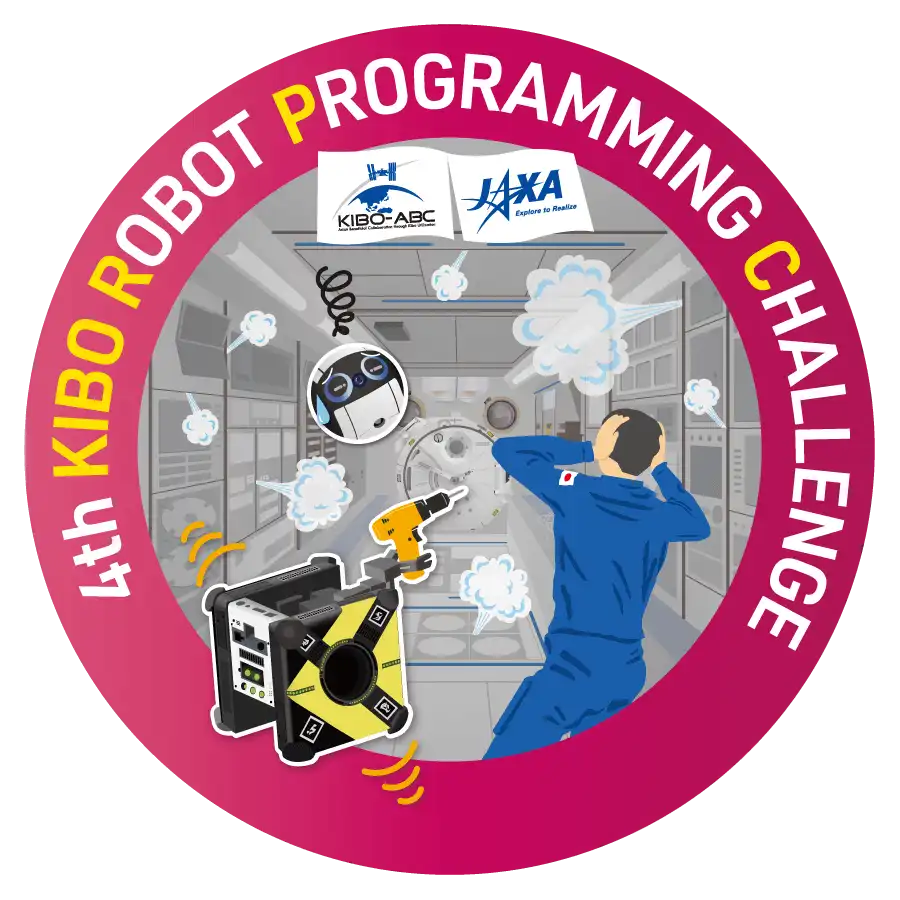Asian Herb in Space
The AHiS is a project that aims to provide students and young researchers in Asia with the opportunity to conduct experiments in space. The purpose of AHiS is to promote space education and research in the Asian region. It allows students to gain hands-on experience in conducting experiments in microgravity conditions and learn about the effects of space flight on various aspects of life, such as plants and the human body. The final goal of AHiS program is to produce sustainable food-chain on ISS, the Moon and Mars in the future.
The AHiS project involves sending seeds of Asian herbs to the ISS for experiments the seeds are stored in the Kibo module of the ISS, which is a Japanese experiment module. Astronauts on the ISS take photos of the seeds to monitor their storage status. The project provides an opportunity for students and researchers to study the growth and development of Asian herbs in a microgravity environment and compare them with plants grown on Earth.
In 2020, through STEMX365, an agreement was signed between the Museum of Science Technology (NMST) and JAXA to include Bangladesh in JAXA’s Kibo AHiS program. Later NMST delegated this program to NIB. STEMX-365 is currently working with NIB to involve Bangladeshi students, researchers and scientists in ISS-based Biology research.
On March 7, 2021, Bangladesh sent Coriander seeds to the International Space Station (ISS) through JAXA. The purpose of this mission is to observe the changes in the seed during space travel and also the growth rate experiment inside the ISS. Soichi Noguchi, Japanese astronaut onboard the ISS ran this experiment and inspired the Bangladeshi students. This program has provided Bangladesh with the chance to engage in research on space biology.
For more information about AHiS: https://iss.jaxa.jp/en/kuoa/ssaf/2020.html




